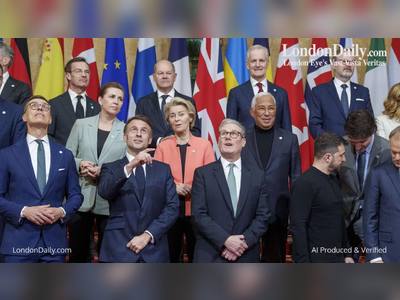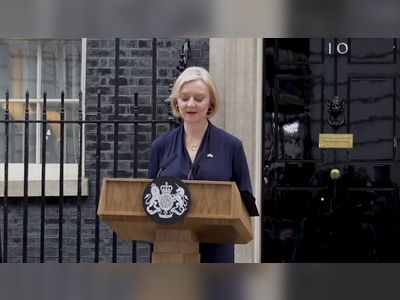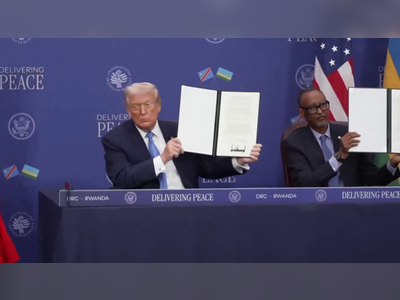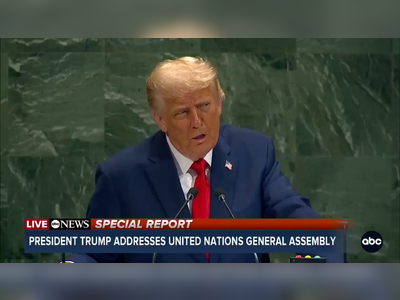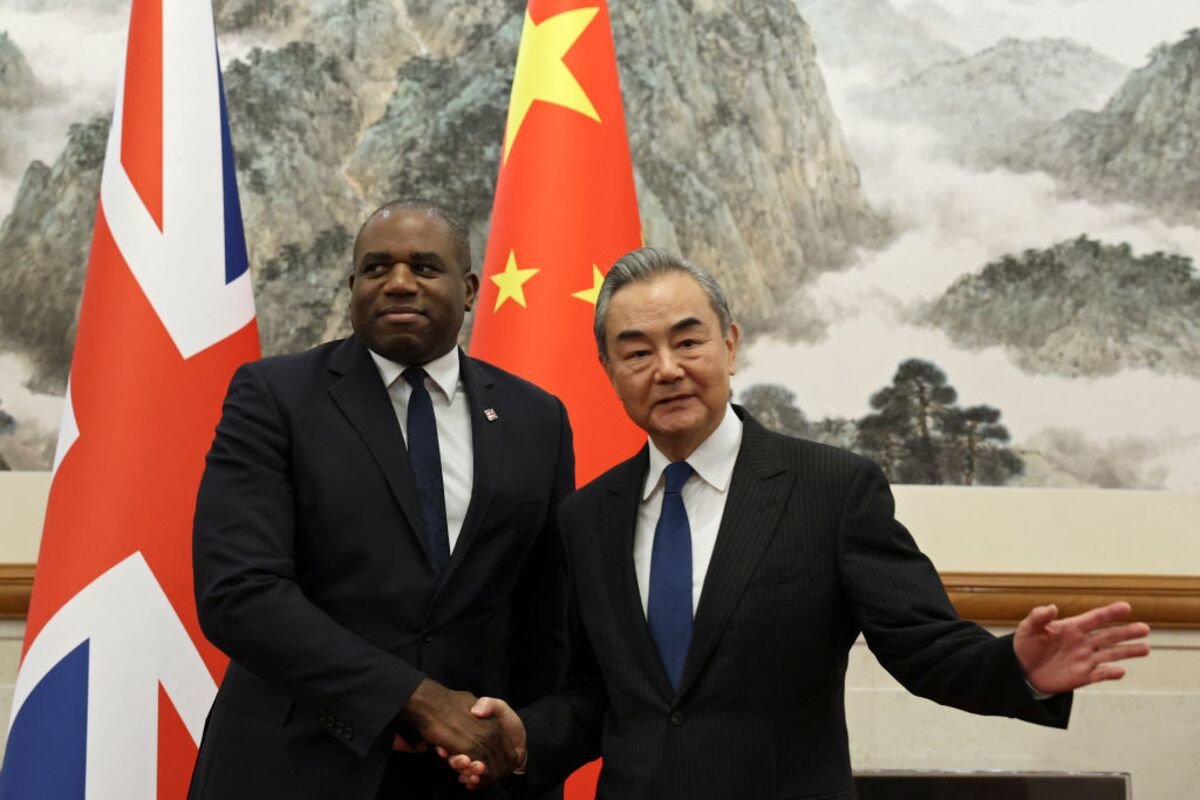
Chinese Pressure Forces U.K. University to Halt Research on Uyghur Labour
Sheffield Hallam University suspended study of forced labour in China after threats and website blocks, prompting national security investigation
In early 2025, Sheffield Hallam University instructed Professor Laura Murphy to cease her research into alleged forced-labour practices involving the Uyghur minority in China’s Xinjiang region following pressure from Chinese state authorities and internal concern over student recruitment in China.
The research, conducted through the university’s Helena Kennedy Centre for International Justice, focused on supply chains linked to forced labour and critical minerals.
Documents obtained independently show that China blocked the university’s websites for more than two years and that three state-security officers visited the university’s China office in April 2024, interrogating staff about the project.
An internal email from July 2024 stated: “Attempting to retain the business in China and publication of the [research] are now untenable bedfellows.”
The university declined to publish a final phase of the research and returned grant funding after a Chinese company issued a defamation claim.
Enrollment of Chinese students at Sheffield Hallam fell from 225 in 2022-23 to 73 in 2024-25. The university later reversed the decision in October, apologised to Murphy, approved her latest research and asserted its commitment to academic freedom, attributing the initial halt to a “complex set of circumstances” including indemnity insurance issues.
The case has spurred a formal U.K. government response and a referral to counter-terrorism police under Section 3 of the National Security Act, which addresses assistance to a foreign intelligence service.
The government condemned any foreign state’s attempt to intimidate or harass individuals in the U.K. and reaffirmed that academic freedom is sacrosanct.
Observers say the episode exposes structural vulnerabilities in the British higher-education funding model, where reliance on overseas-student fees—especially from China—may compromise institutional autonomy.
Universities now face questions about how commercial incentives, international student recruitment and research independence can be reconciled in an environment of rising geopolitical pressure.
The research, conducted through the university’s Helena Kennedy Centre for International Justice, focused on supply chains linked to forced labour and critical minerals.
Documents obtained independently show that China blocked the university’s websites for more than two years and that three state-security officers visited the university’s China office in April 2024, interrogating staff about the project.
An internal email from July 2024 stated: “Attempting to retain the business in China and publication of the [research] are now untenable bedfellows.”
The university declined to publish a final phase of the research and returned grant funding after a Chinese company issued a defamation claim.
Enrollment of Chinese students at Sheffield Hallam fell from 225 in 2022-23 to 73 in 2024-25. The university later reversed the decision in October, apologised to Murphy, approved her latest research and asserted its commitment to academic freedom, attributing the initial halt to a “complex set of circumstances” including indemnity insurance issues.
The case has spurred a formal U.K. government response and a referral to counter-terrorism police under Section 3 of the National Security Act, which addresses assistance to a foreign intelligence service.
The government condemned any foreign state’s attempt to intimidate or harass individuals in the U.K. and reaffirmed that academic freedom is sacrosanct.
Observers say the episode exposes structural vulnerabilities in the British higher-education funding model, where reliance on overseas-student fees—especially from China—may compromise institutional autonomy.
Universities now face questions about how commercial incentives, international student recruitment and research independence can be reconciled in an environment of rising geopolitical pressure.


